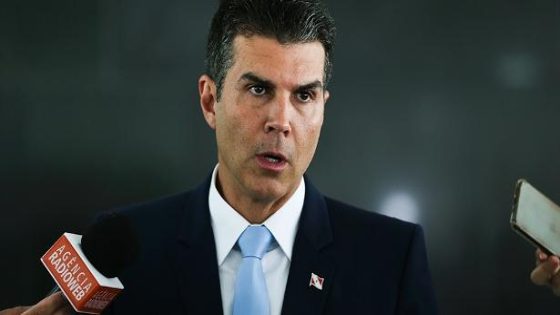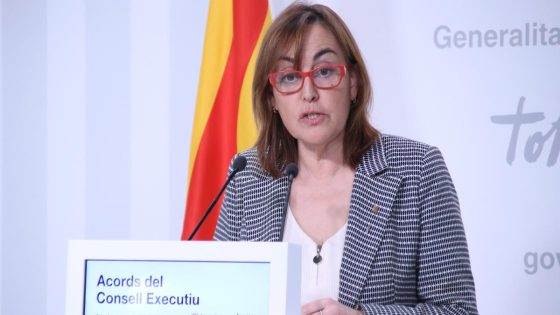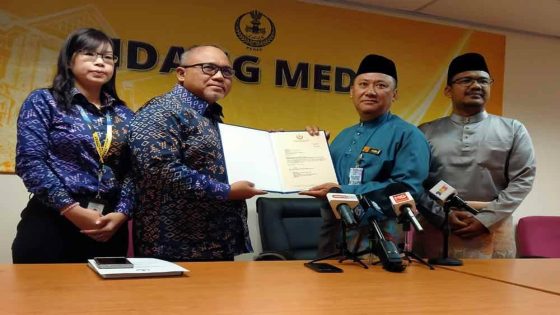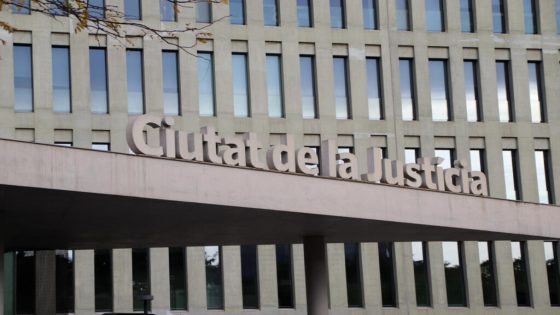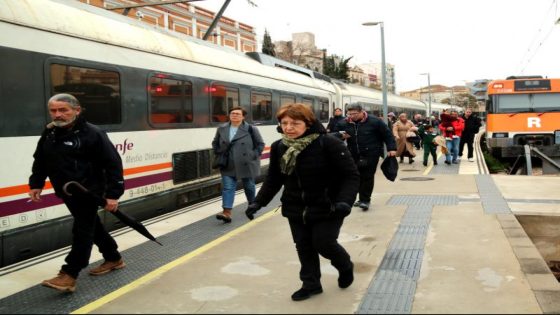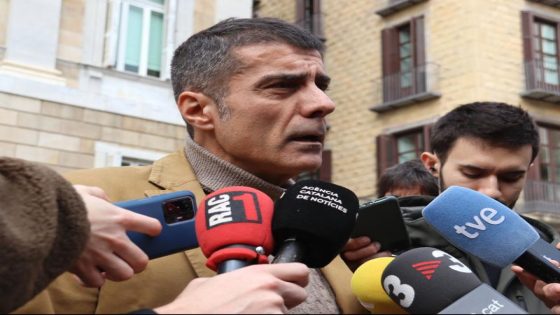On February 5, 2025, the MPF and DPU accused Governor Hélder Barbalho of spreading fake News regarding Indigenous communities in Pará. The allegations suggest that the governor misrepresented the situation surrounding Indigenous protests and their demands for education reform.
- Indigenous communities demand revocation of law.
- Claims of misinformation about protests are false.
- Governor's statements misrepresent the situation.
- Occupation does not hinder educational services.
- Urgent need to stop hate speech.
- Action seeks accountability for misleading claims.
Governor Hélder Barbalho Faces Accusations of Misinformation Regarding Indigenous Rights
How can misinformation impact Indigenous rights in Brazil? The ongoing protests by Indigenous communities in Pará highlight significant issues. They demand the repeal of a controversial education law and the resignation of the Secretary of Education. The MPF’s response indicates that these communities have not been adequately heard, raising questions about the state’s commitment to social justice.
Understanding the Indigenous Protests and Their Demands
The protests led by Indigenous communities in Pará stem from deep-rooted concerns about education policies. Their demands include:
- Revocation of the controversial education law.
- Resignation of the Secretary of Education.
- Recognition of their rights and voices in policy-making.
- Protection against misinformation and discrimination.
Impact of Misinformation on Indigenous Communities
Misinformation can severely affect the perception of Indigenous rights. The governor’s statements have been labeled as false, which can lead to increased discrimination. This situation illustrates the importance of accurate information in supporting social justice initiatives.
The Role of Government in Addressing Indigenous Concerns
Governments must actively engage with Indigenous communities to ensure their voices are heard. This includes transparent communication and addressing their concerns seriously. Only through collaboration can we achieve meaningful reforms that respect Indigenous rights.
In conclusion, the situation in Pará serves as a reminder of the critical importance of accurate information and the need for governments to listen to marginalized communities. How can we ensure that Indigenous voices are prioritized in policy discussions?



